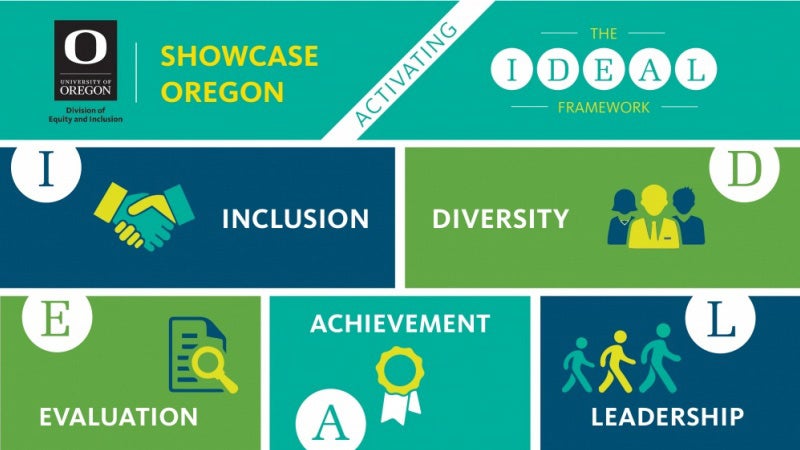In 2015, when graduate students of color first brought concerns of equity and inclusion forward to the leadership of the School of Planning, Public Policy, and Management (PPPM), the School started holding Listening Sessions to better understand the experiences of students, faculty, and staff and meet the needs of students who come from traditionally under-represented or marginalized communities.
The students who championed this effort emphasized that an important part of improving the climate is for faculty, students, and staff to hear directly about the experiences of these students. “By listening to their perspectives, we can better understand the subtle and overt ways these students are marginalized and affected on a daily basis, so that we can better support them,” Rich Margerum, the Head of the School, explained.
“This is a learning process for us all,” said Corrie Parrish, the Equity Initiative Student Worker for PPPM and a Community and Regional Planning Master’s student. “This is something we all have to work on every day, not just in a Listening Session.”
Since its inception, the PPPM Equity Initiative has held at least one event annually to support listening, dialogue, and action. In 2017, the first International Student Listening Session was held to help address the specific needs of International Students studying in PPPM. "International students often face several additional barriers—some are structural, and some are cultural, “said Assistant Professor Saurabh Lall.
This year, the listening session consisted of small-group conversations facilitated by Chris Ruiz de Esparza, the associate director of the Holden Center for Leadership and Community Engagement. Volunteers were selected to help start conversations within the group, asking questions such as “When was a time you felt included?” and “When was a time you felt excluded?” Sharing stories of experiences at the UO and beyond, students and faculty then wrote ideas on notecards for better inclusion practices within the school. After exchanging the cards, pairs discussed and rated the anonymous ideas, creating a list of priorities to be addressed.
For example, one of the highest-ranking notecards read, “I want to see coursework (whether that's creating a new seminar or building it into existing ones) on equity in PPPM fields. Guest speakers, content from diverse creators, discussions, etc.”
For the International Student Listening Session, Professor Lall facilitated an exercise where students used LEGO® bricks to describe their experiences at the UO and future goals. "The session helped students construct and explain models of their career paths and objectives using the technique of LEGO SERIOUS PLAY®, a facilitation methodology that fosters collaborative approaches to problem-identification and -solving,” explained Lall. Students explained the specific barriers they faced, and how PPPM could better help international students navigate some of these challenges." In the end, students brainstormed ideas on how their needs as international students can be met to help them prepare better for life after PPPM.
While faculty and students were happy with this year’s overall format, both groups would like to see more time for active listening in a large group added back into the events. Dr. Dyana Mason, the supervising professor for the Equity Initiative said, “Each year the format has changed a bit thanks to student feedback.” Based on this feedback, the students and faculty-led Equity Initiative agreed that it may be better to grow the session from a two-hour workshop, to a half-day workshop. It is too early to tell what the format will look like for next year. However, student feedback will inform the design of next year’s event(s).
“The change for better inclusion is going to be incremental, but we’re leaving the School of PPPM and the university a little better for everyone than when we found it,” said Parrish.

